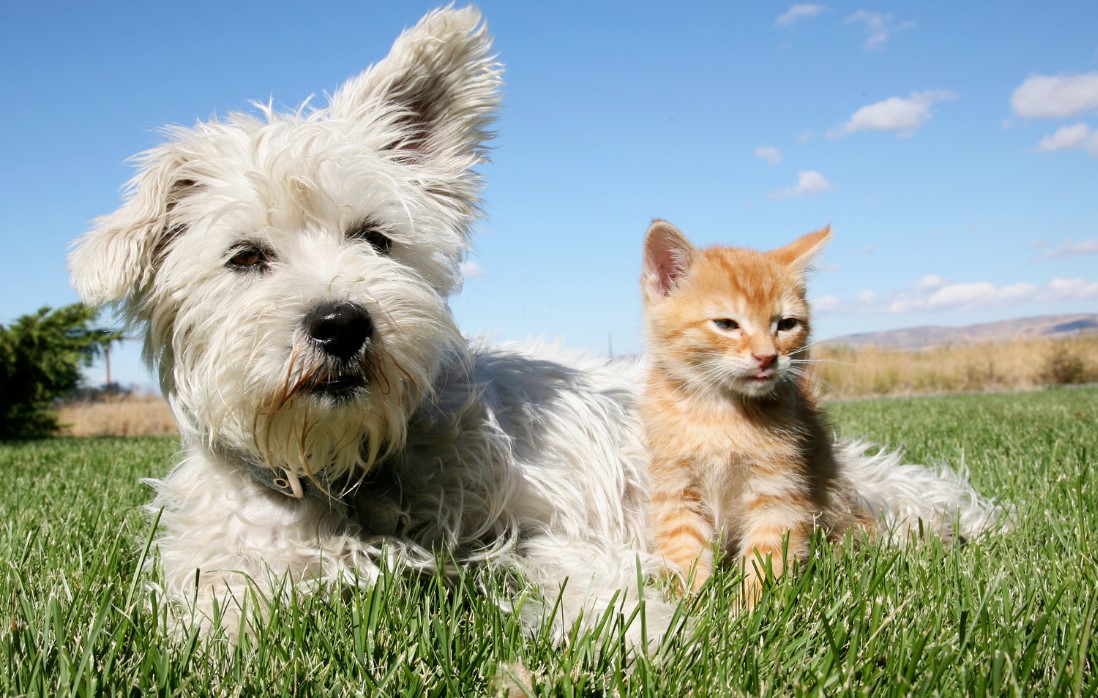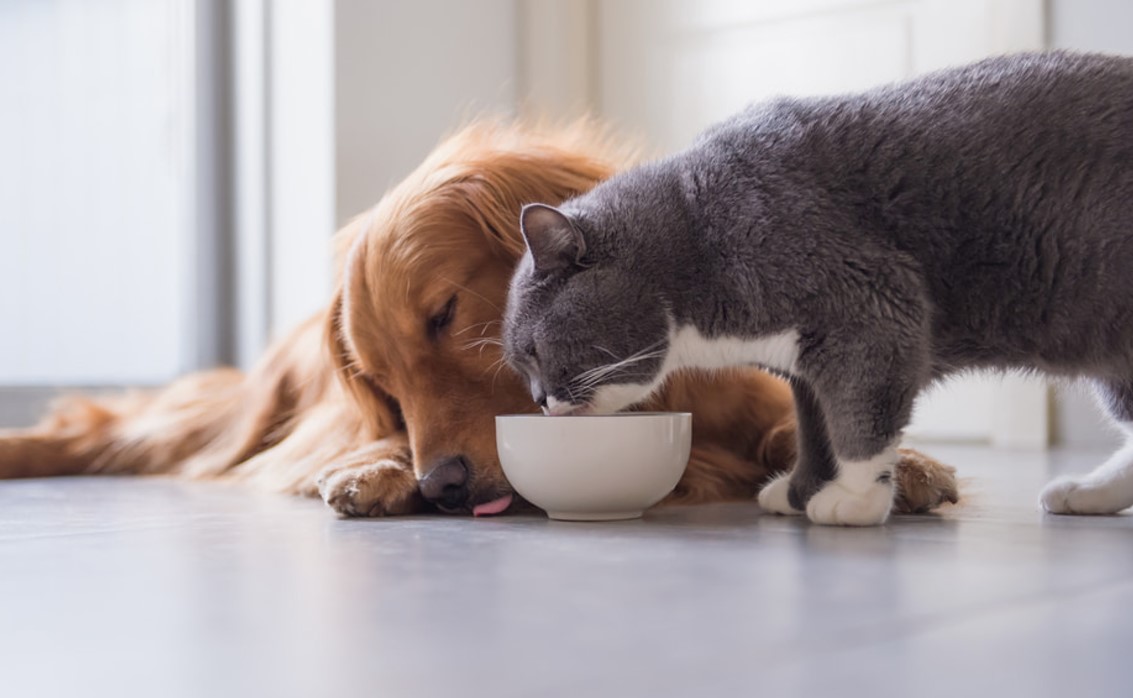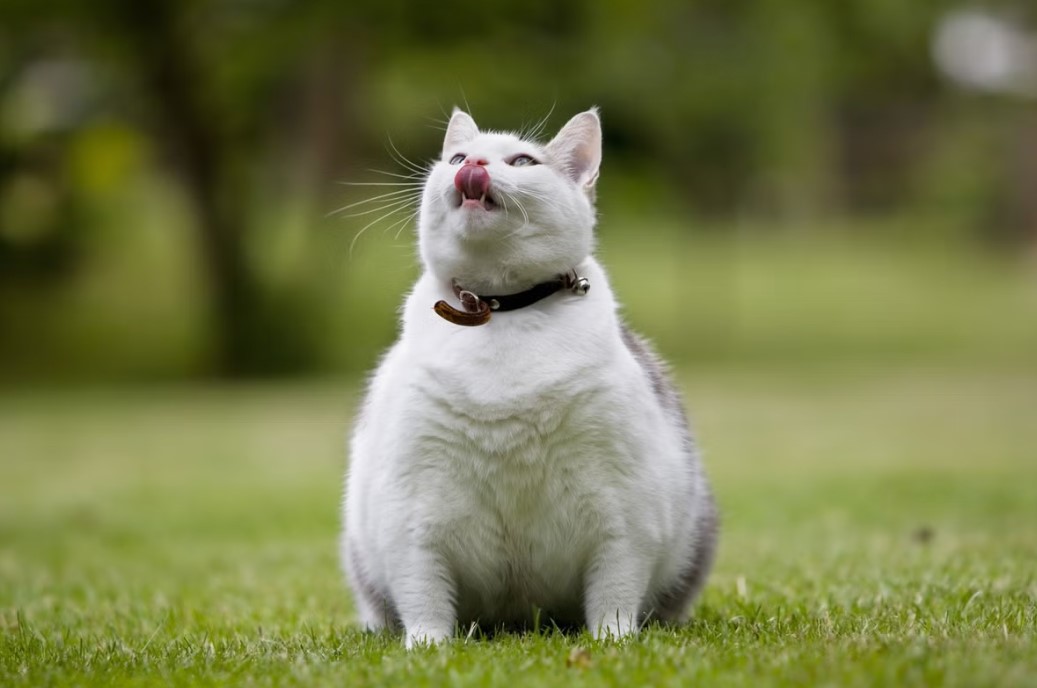Pets, like humans, can experience a variety of health issues that require prompt attention. Identifying early warning signs can make a significant difference in your pet’s health outcomes, as immediate action often prevents minor issues from becoming severe. Understanding when to seek veterinary assistance is crucial for every pet owner. In Dubai and the UAE, where climate and living conditions can present unique challenges, recognizing symptoms of illness early can ensure that pets stay as healthy as possible in their environment. This article covers essential signs to watch for, guiding pet owners on when it may be necessary to contact a veterinarian.
Changes in Appetite or Thirst
A sudden shift in eating or drinking habits can indicate underlying health issues. If your pet stops eating, reduces food intake, or refuses treats, it could be a sign of dental problems, gastrointestinal distress, or even infections. Increased thirst, especially if accompanied by frequent urination, may point to kidney disease or diabetes. In the UAE’s warm climate, hydration is critical, so it’s essential to distinguish between normal and excessive drinking. If you observe any change in appetite or thirst lasting more than a day or two, contacting a veterinarian is advisable to assess potential causes.
Lethargy or Reduced Activity Levels
Lethargy, or a noticeable drop in energy, is often a clear indicator of illness in pets. When a normally active pet becomes sluggish or avoids play, it may be experiencing pain, infection, or underlying disease. In some cases, lethargy can result from environmental factors like high temperatures, which are common in Dubai. However, persistent lethargy that does not resolve after rest or hydration should prompt a visit to the vet. A professional can evaluate whether this behavior is due to illness or simply environmental factors.

Changes in Breathing Patterns
Abnormal breathing patterns, including rapid or labored breathing, coughing, or wheezing, are signs that should not be ignored. Respiratory distress can be a symptom of conditions such as asthma, respiratory infections, or even heart disease. In the UAE’s arid climate, respiratory issues can sometimes be exacerbated by dust or high temperatures. Observing these changes, particularly if they are sudden or persistent, should be a cue to consult a veterinary clinic. Early diagnosis can help manage respiratory conditions effectively and improve your pet’s quality of life.
Digestive Disturbances: Vomiting and Diarrhea
Occasional vomiting or diarrhea can occur due to dietary changes or minor gastrointestinal upsets. However, frequent or severe episodes may indicate food allergies, intestinal infections, or more serious conditions like pancreatitis. Dehydration from repeated vomiting or diarrhea can quickly become dangerous, particularly in hot climates like Dubai’s. If these symptoms last for more than 24 hours, involve blood, or are paired with other signs like lethargy, it’s crucial to seek veterinary attention. Timely intervention can prevent further complications and identify any underlying issues that may require treatment.
Persistent Coughing or Sneezing
While occasional coughing or sneezing may be normal, persistent symptoms can signal respiratory infections, allergies, or even heart problems. Pets in Dubai may be more susceptible to respiratory issues due to the dry, dusty environment. Chronic coughing in dogs could indicate kennel cough or even tracheal issues, while in cats, frequent sneezing might suggest respiratory infections. If your pet displays ongoing coughing or sneezing, consulting with a veterinarian can help diagnose and manage these symptoms before they worsen.
Behavioral Changes: Aggression or Withdrawal
Unexplained shifts in behavior, such as aggression, hiding, or withdrawal, can often reflect pain, discomfort, or illness. Pets may also display restlessness, pacing, or increased vocalization if they are in distress. Behavioral changes might be subtle initially, but they are essential cues that something could be wrong. For instance, a normally social pet that suddenly isolates itself might be experiencing internal pain or emotional stress. Consulting a veterinarian can help identify the cause of these behaviors, ensuring appropriate treatment and support for your pet’s well-being.
Skin and Coat Issues
The condition of a pet’s skin and coat can reveal a lot about its overall health. Itchiness, redness, hair loss, or flaky skin are often signs of allergies, infections, or even nutritional deficiencies. In Dubai’s hot climate, pets are prone to skin issues, particularly if they spend time outdoors. Constant scratching or licking at specific areas can lead to skin irritation or sores. Regular grooming helps identify these issues early, but if they persist, a veterinary check-up is recommended. Early diagnosis can prevent further skin damage and manage any underlying conditions.
Limping or Mobility Issues
Lameness, limping, or stiffness in movements could indicate joint pain, injuries, or arthritis. These issues are more common in aging pets but can affect younger animals as well, particularly if they’ve experienced trauma. In the UAE, where pets may be less active during hotter months, mobility issues can go unnoticed until they become significant. A sudden reluctance to climb stairs, jump, or even walk normally is reason enough to consult a vet. Early intervention can slow the progression of joint-related conditions and improve mobility and comfort.
Unusual Odors from Breath, Ears, or Skin
Unusual smells can sometimes indicate health issues in pets. Bad breath may suggest dental disease, gastrointestinal problems, or kidney issues, while an unpleasant smell from the ears could point to infections. Skin infections or fungal conditions can also produce distinct odors. Regular hygiene is essential in Dubai’s climate, but persistent odors, even after bathing, should not be overlooked. Consulting a veterinarian can help determine if the odor is linked to an underlying condition that requires treatment.
Sudden Weight Loss or Gain
Health issues, including hormonal imbalances, thyroid disease, or gastrointestinal disorders, are frequently indicated by unexplained weight fluctuations. Dietary modifications may facilitate gradual weight fluctuations; however, abrupt weight fluctuations necessitate the assistance of a veterinarian. In Dubai, where the climate may cause pets to experience fluctuating activity levels, weight variations may initially appear to be natural. Nevertheless, it is crucial to obtain a professional opinion in order to identify and resolve the underlying issue if these modifications occur without explanation.

Eye and Ear Abnormalities
Eyes and ears are particularly sensitive areas, and issues can escalate quickly if not addressed. Redness, discharge, or cloudiness in the eyes could signal infections, allergies, or more serious conditions like glaucoma. Similarly, ear problems such as discharge, redness, or an unpleasant odor might indicate infections, especially in breeds prone to ear issues. In Dubai’s climate, dry conditions may exacerbate these symptoms. Early veterinary intervention can prevent complications and maintain your pet’s comfort and vision.
Unusual Lumps or Swelling
Noticing any new lumps, bumps, or swelling on your pet’s body is a reason to consult a vet. While not all growths are malignant, early examination helps determine if further treatment is necessary. Swelling in the abdomen, limbs, or face may indicate inflammation, allergic reactions, or other health issues requiring attention. Routine grooming and petting sessions allow for early detection of any unusual growths, making it easier to seek timely veterinary care.
Frequent Scratching, Licking, or Chewing
If your pet constantly scratches, licks, or chews certain areas, it may indicate an allergy, skin infection, or even stress. Such behaviors can lead to hair loss, sores, and further complications if left untreated. Allergies are common in Dubai due to environmental factors, and pets may develop sensitivities to certain foods, dust, or outdoor elements. Regular check-ups at a veterinary clinic can help diagnose the cause of these symptoms, enabling effective management and preventing further discomfort.
Conclusion
Recognizing early warning signs in pets is crucial for their health and well-being, as prompt action often leads to better health outcomes. In Dubai and the UAE, unique environmental factors can impact pets in various ways, making it essential for pet owners to monitor for signs of illness or discomfort. When in doubt, consulting a veterinarian ensures that your pet receives the appropriate care, preventing minor issues from escalating into serious health problems. By staying vigilant and proactive, pet owners can provide a safe, healthy life for their pets, fostering stronger bonds and happier experiences together.

Cyclist, follower of Christ, ukulelist, Mad Men fan and Guest speaker. Operating at the fulcrum of aesthetics and elegance to craft meaningful ideas that endure. I work with Fortune 500 companies and startups.



